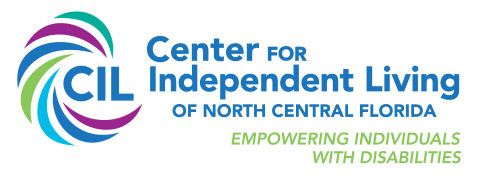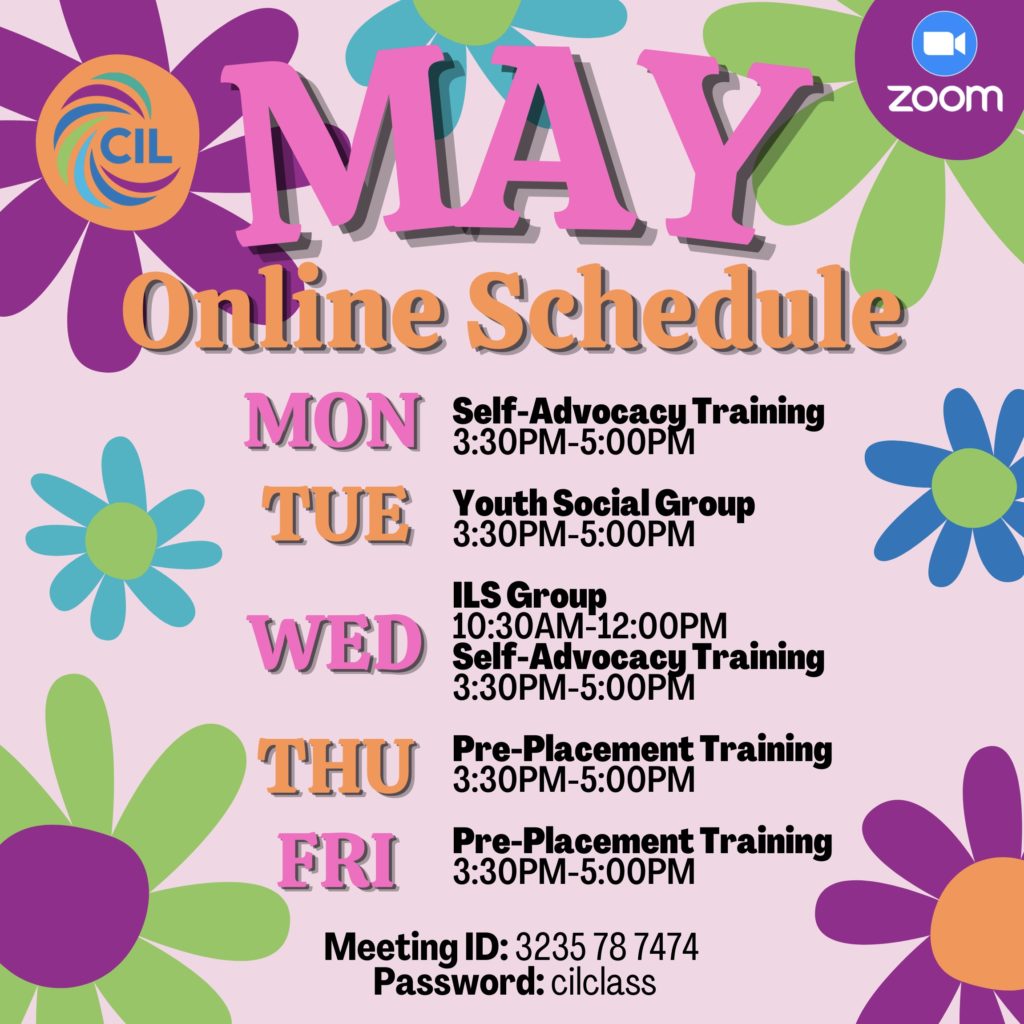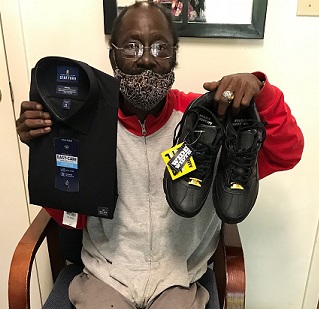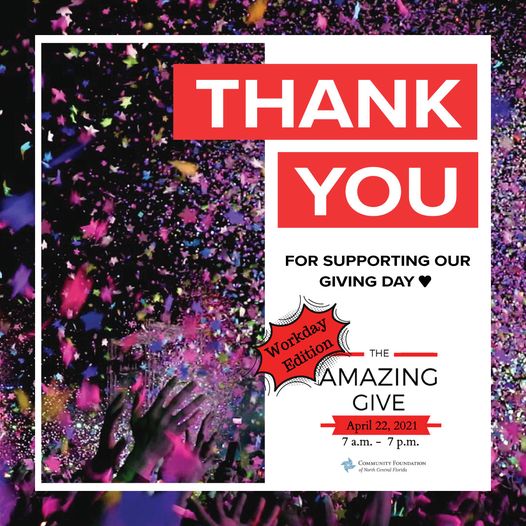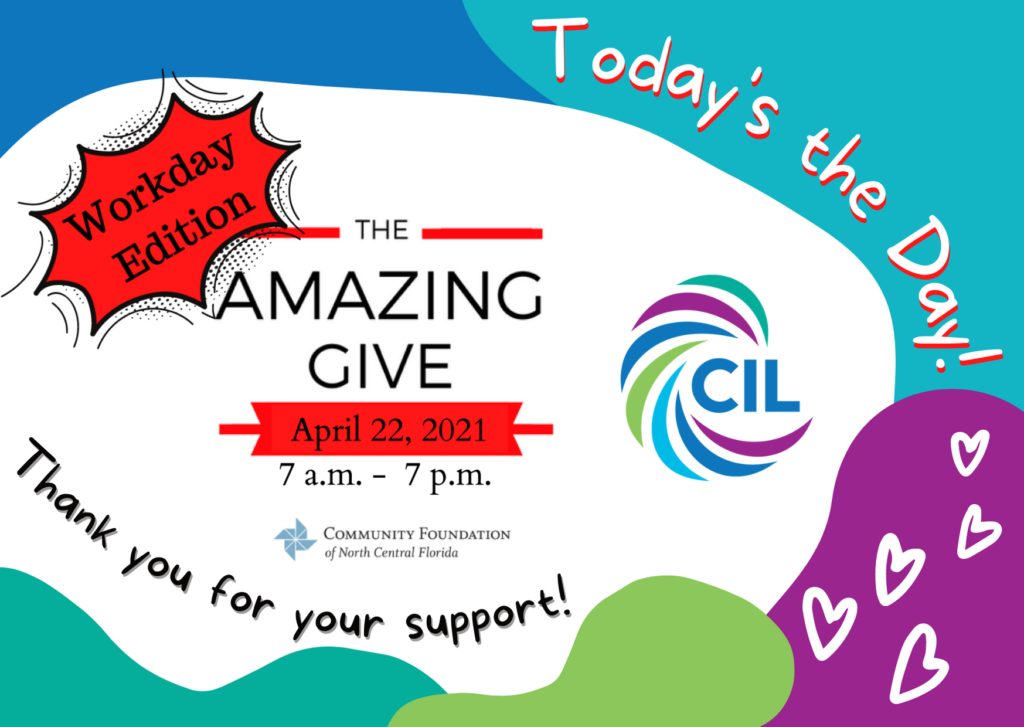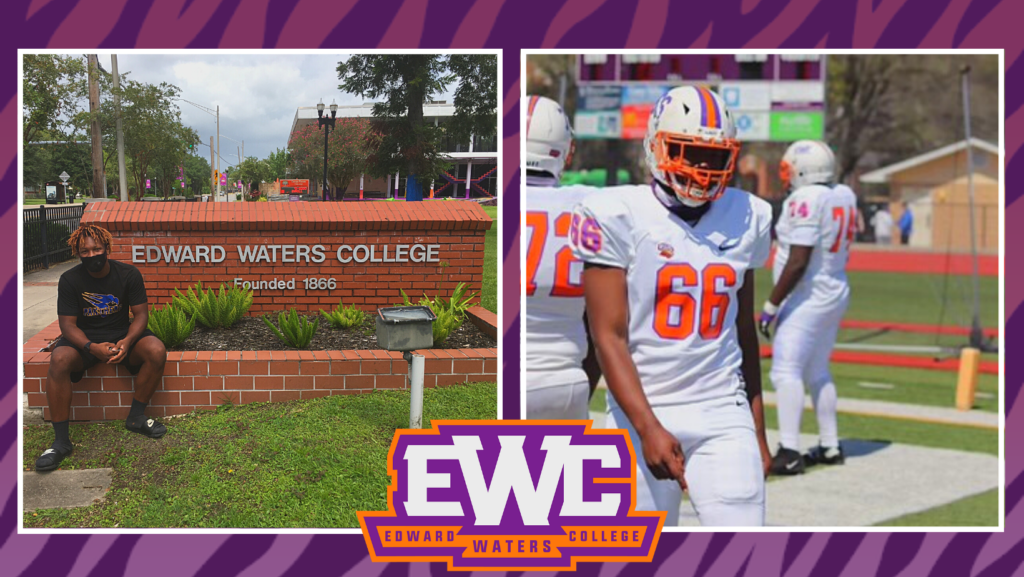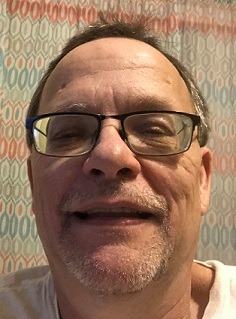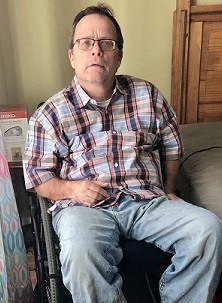Dr. Bea Awoniyi is the Assistant Vice President of Student Affairs at Santa Fe College, overseeing the disability resource center, serves as Ombudsperson, and helps to oversee grant awards among many other different aspects of her role. Dr. Awoniyi has a long career in higher education, previously having worked in other universities at their disability resource centers and serving in vast leadership roles. She is a member of the Association on Higher Education And Disability and together with her colleagues, they work to better understand what they need to do, with the national organization so that they can bring individuals from the minority population to the table.
In this episode, Tony and Dr. Awoniyi talk through how to navigate our identities in a healthy way, that integrates our social and environment context, in the way we live our lives. They dive into an important discussion in reflecting about who we are, understanding our purpose, and if we have the means- how can we give back.
Contact Information:
bea.awoniyi@sfcollege.edu
352-395-5513
SPEAKERS: Bea Awoniyi, Tony Delisle
Continue reading


